Former Apple executive Tony Fadell's Nest on Tuesday took the covers off of its newest intelligent home product, a smoke and carbon monoxide detector dubbed 'Nest Protect.'
Nest on Tuesday added the Nest Protect to its offerings alongside the well-received Nest Learning Thermostat. The device's unveiling comes after rumors of the product began circulating last month.
The company said it chose a smoke detector as the followup to its successful thermostat because the current generation of devices often annoy homeowners and renters into disabling them all together, decreasing safety dramatically. Nest cited a study by the National Fire Protection Agency that found 73 percent of smoke detectors which failed to activate during a fire did not do so because their batteries were dead, missing, or disconnected, with false alarms cited as the most prominent reason for disabling the detectors.
In addition to detecting smoke and carbon monoxide — a colorless, odorless, tasteless gas that is toxic to people and pets — the Nest Protect features several user experience innovations. The device will produce a spoken warning, rather than a shrill alarm, if it detects levels of smoke or carbon monoxide that are considered below emergency levels, for instance. Warnings can be silenced by simply waving one's arm from within about eight feet of the Nest Protect.
Like its sibling, the Nest Learning Thermostat, the Nest Protect connects to Nest's cloud service via Wi-Fi and can be monitored and configured with an iOS application. If a home has several Nest Protect units, they can communicate with each other even if Wi-Fi is not working to deliver emergency warnings throughout the residence; Nest demonstrates this by showing a Nest Protect in a couple's living room broadcasting an alert that smoke has been detected in their bedroom.
The Nest Protect also communicates with the Nest Learning Thermostat. In the event of a carbon monoxide warning, the Nest Protect will instruct the thermostat to shut down a home's gas furnace. Additionally, The Nest Learning Thermostat can leverage the Nest Protect's built-in activity sensor to enhance and extend its own capabilities.
Similar in size and shape to Apple's previous generation AirPort Extreme, the Nest Protect comes in two versions — battery powered and wired — and will be available at launch in both black and white. It can be pre-ordered for $129.
When the Nest Learning Thermostat first launched two years ago, it promised to bring smart home capabilities to the masses with a somewhat affordable $250 price tag. The original device was sold through Apple Stores and home improvement chains like Lowes.
A second-generation thermostat was released about one year ago, with the aluminum clad device getting a slight redesign and enhanced functionality. It's available from Amazon and other retailers for roughly $250.
 Shane Cole
Shane Cole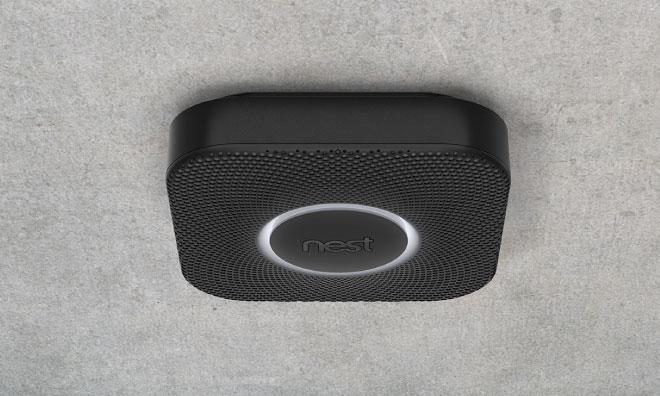
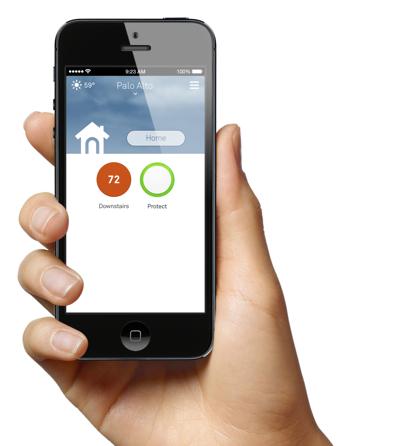
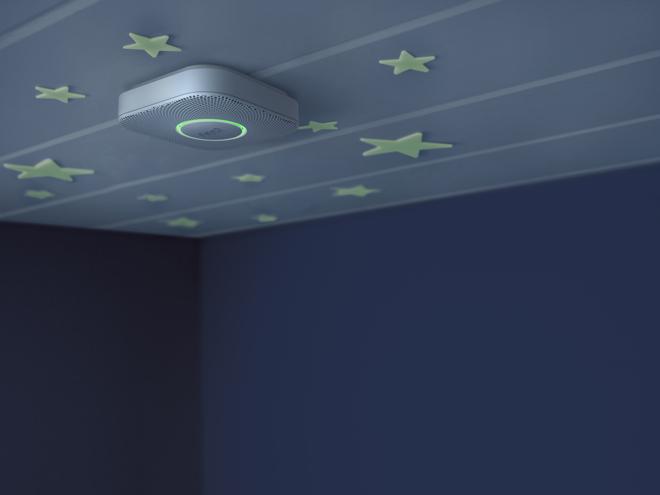

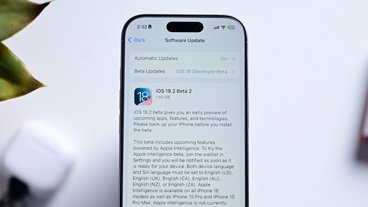

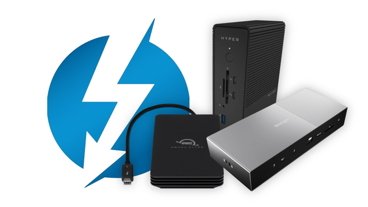









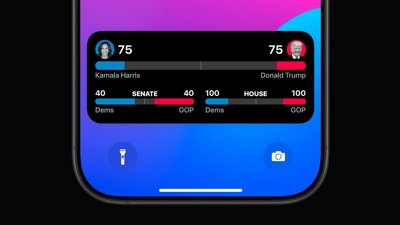
 Wesley Hilliard
Wesley Hilliard

 Marko Zivkovic
Marko Zivkovic
 Oliver Haslam
Oliver Haslam
 Christine McKee
Christine McKee
 Malcolm Owen
Malcolm Owen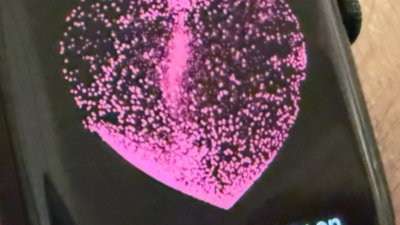
 William Gallagher
William Gallagher




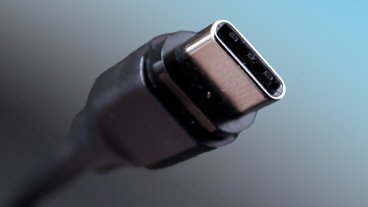

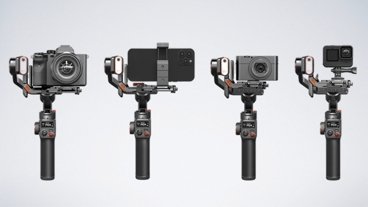

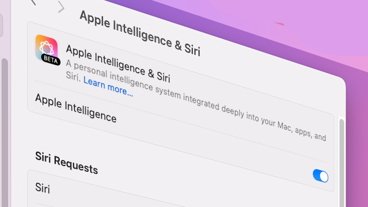

64 Comments
I love the idea but I think the price will sink it. Really too bad.
[quote name="Damn_Its_Hot" url="/t/159998/nest-announces-protect-intelligent-smoke-carbon-monoxide-detector#post_2413135"]I love the idea but I think the price will sink it. Really too bad.[/quote] If $250 didn't sink the thermostat, I'm not sure why $129 would sink a smoke detector.
In my case, my home requires only one thermostat for a total of $250, but five smoke detectors for a total of $645 (local codes dictate that a typical 3-bedroom, single-story home requires five detectors). Plus, CO detectors have a finite life - typically requiring replacement every five to ten years because the CO detection becomes ineffective. Most CO/smoke detectors will emit a specific "chirp" when they expire. Nest has not yet mentioned this "little" fact. Perhaps they are using a new type of CO detection that doesn't wear out, but I doubt it. I suppose you could buy only one or two Nest detectors and use cheaper detectors elsewhere, but the cheaper detectors won't communicate with the Nest and you lose most of the advantages - you can't "wave" at cheaper detectors nor will they report your location. In fact, it's often not even legal to mix detectors since codes required them to be linked together so if one goes off they all go off. It will be interesting to read the legal disclaimers that accompany this product. Fire safety devices are governed by far more codes and requirements than thermostats.
I have 7 linked smoked detectors in my house. The cost/benefit on that becomes challenging for many.
[quote name="zroger73" url="/t/159998/nest-announces-protect-intelligent-smoke-carbon-monoxide-detector#post_2413153"] In my case, my home requires only one thermostat for a total of $250, but [B]five[/B] smoke detectors for a total of $645 (local codes dictate that a typical 3-bedroom, single-story home requires five detectors). Plus, CO detectors have a finite life - typically requiring replacement every five to ten years because the CO detection becomes ineffective. Most CO/smoke detectors will emit a specific "chirp" when they expire. Nest has not yet mentioned this "little" fact. Perhaps they are using a new type of CO detection that doesn't wear out, but I doubt it. I suppose you could buy only one or two Nest detectors and use cheaper detectors elsewhere, but the cheaper detectors won't communicate with the Nest and you lose most of the advantages - you can't "wave" at cheaper detectors nor will they report your location. In fact, it's often not even legal to mix detectors since codes required them to be linked together so if one goes off they all go off. It will be interesting to read the legal disclaimers that accompany this product. Fire safety devices are governed by [I]far[/I] more codes and requirements than thermostats. [/quote] Exactly, was about to say the same thing. My home has 7 smoke detectors...i can't imagine sinking $1000 into smoke detectors. Would have loved to see Nest go after home security or something, like Canary.